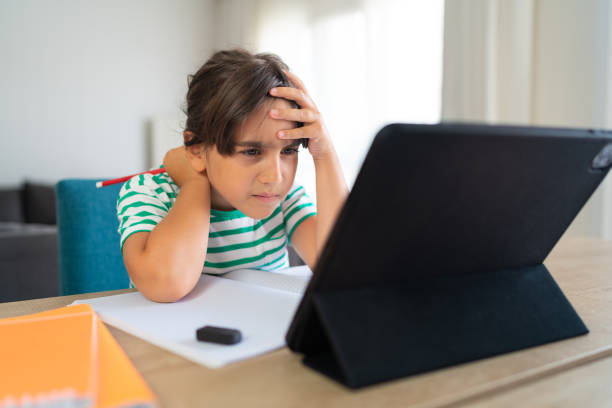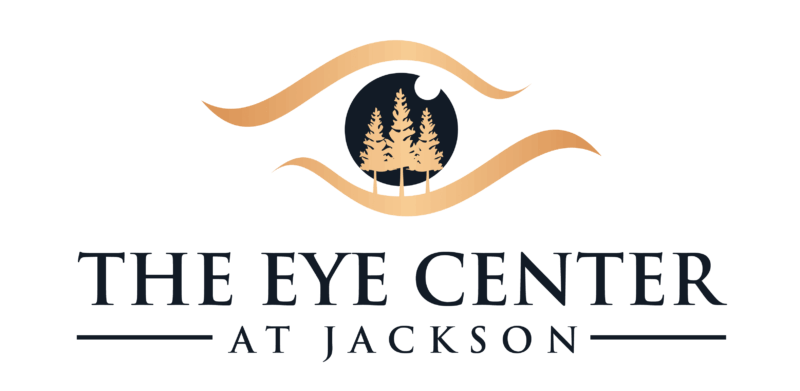Welcome to the Myopia Control Clinic

Does your child wear glasses to see the board in class and need stronger glasses every year?
If so, they may be a victim of Myopia Progression but we are here to help.
Myopia control is a group of methods eye doctors can use to slow the progression of childhood myopia. There is no cure for myopia, but there are ways to help control how rapidly it develops or progresses. These include myopia-control contact lenses and glasses, atropine eye drops, and habit changes.
Why should you be interested in myopia control? Because slowing myopia progression may keep your child from developing high myopia. High myopia can lead to sight-threatening problems later in life, such as:
- Myopic macular degeneration
- Cataracts: both posterior subcapsular cataracts and nuclear cataracts
- Primary open-angle glaucoma
- Retinal detachment

- Atropine Eye Drops - Atropine is used in general medicine, and also as an eye medicine or eye drop. As an eye drop, atropine 1% is used to dilate (enlarge) the pupil and stop the eye’s focusing mechanism, which can be used for testing the vision of young children, treating amblyopia (lazy eye) and also for managing some eye diseases.
- Myopia Control Contact Lenses - Myopia control soft contact lenses are designed to slow the accelerated eye growth of childhood myopia based on how images are focused in the different parts of the retina. The retina is the light sensitive layer which lines the inside back of the eye, receving all information about sight. Light needs to be accurately focussed on the retina for clear vision.
- Orthokeratology - Ortho-k is a special type of rigid contact lens which is worn overnight, while sleeping, to gently reshape the cornea (the clear dome at the front of the eye) so that daytime wear of glasses or contact lenses is not needed.
Untreated Myopia means that your child’s Myopia will get progressively worse over time.
Patients with Moderate Myopia have a higher chance of other serious eye disorders than patients with no or Mild Myopia, including
- Double the risk of Glaucoma
- Triple the risk of developing Cataracts
- Nine Times the risk of a Detached Retina
- Ten Times the risk of Macular Degeneration
Left untreated, Progressive Myopia will get worse, and over time, will result in High Myopia. Patients with High Myopia have an even higher chance of all of these eye disorders.
- Triple the risk of Glaucoma
- Five Times the risk of developing Cataracts
- Twenty-One Times the risk of a Detached Retina
- Twenty-One Times the risk of a Detached Retina
- Forty Times the risk of Macular Degeneration
All of these secondary (and mostly avoidable) severe conditions can lead to blindness in some patients.
Watch this video to learn more about Myopia
Myopia Control Treatment in Jackson NJ
Our team is here to help with a customized treatment plan that will be the most effective course of action for your child. Please contact The Eye Center at Jackson for more information on setting up your free Myopia Control Consultation. Dr.Raghu is waiting to help eliminate your child’s Myopia.
Additional Useful Information
- Free Tool to Manage and Asses Myopia Risk
- Along with other useful information, this website features a 6 question survey with specific advice based on your child's risk of myopia development or worsening. Although this website is helpful it is important to have your child assessed by Dr.Raghu to correctly diagnose any condition.


